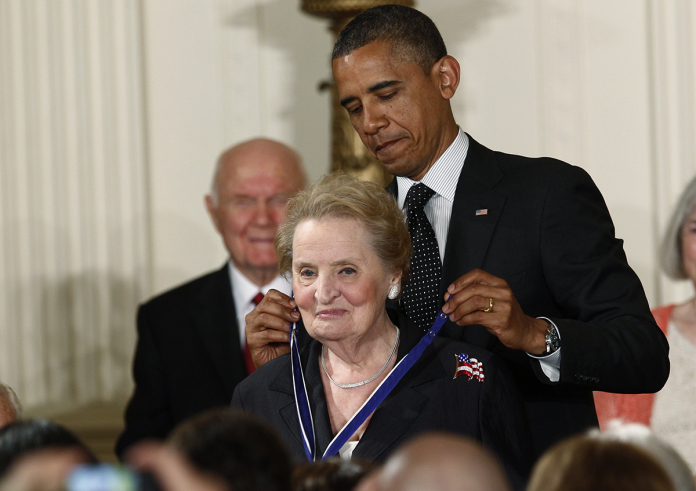by : Carter Malkasian , Amazon Link
Carter Malkasian is a historian and former adviser to American military commanders in Afghanistan. Malkasian earned a doctorate in military history from the University of Oxford, where he studied under Robert O'Neill. After completing his studies, he became a teacher at Loyola Marymount University in Los Angeles. He then worked at the Center for Naval Analyses before spending time in Iraq conducting research in 2004 and 2006. In 2007, he worked with a Provincial Reconstruction Team in Kunar Province in Afghanistan. He returned to Afghanistan in 2009 and spent two years in Garmsir District in Helmand Province as a State Department representative to the district. In Garsmir, he was known for his ability to speak Pashto and his rejection of typical personal security precautions. From May 2013 to August 2014, he worked as a political adviser to General Joseph Dunford, the commander of the U. S. forces in Afghanistan.
In the immediate aftermath of the 2007 "Surge" of American troops in Iraq, the defeat of al-Qaeda in Iraq (AQI) in Anbar Province was widely hailed as one of America's signature victories. US Marines and soldiers fought for years there, in grinding battles such as Fallujah and Ramadi that define the experience of Iraq. Eventually, the fractious tribal sheiks in that province, with the help of American troops, united in an "Awakening" that dealt al-Qaeda in Iraq a stunning defeat. The Awakening's success argued that the United States could intervene in a war-torn country and, with the right strategy, bring stability and peace. It seemed to exemplify snatching victory from the jaws of defeat.
A decade later, the situation in Anbar Province is dramatically different. In 2014, much of Anbar fell to the AQI's successor organization, the Islamic State, which swept through the region with shocking ease. In Illusions of Victory, Carter Malkasian looks at the wreckage to explain why the Awakening's initial promise proved misleading and why victory was unsustainable. Malkasian begins by tracing the origins of the Awakening, then turns his attention to what happened in its wake. After the United States left, Iraq's Shi'a government sidelined Sunni leaders throughout the country. AQI, brought back to life as the Islamic State, expanded in northern and western Iraq and quickly found a receptive audience among marginalized Sunnis. In short order, the progress that had resulted from the Awakening fell apart.
Malkasian draws many lessons from Anbar. Chief among them, the most stunning of victories may not last. The fact that the leading model of success fell apart severely damages the idea that the United States can send the military to a country for a few years and create lasting peace. Even the most successful example was bound to deeper social, sectarian, and religious forces insensitive to temporary boots on the ground. From today's perspective, rather than decisive success, Anbar exemplifies how intervention itself is a costly, long-term project. The most brilliant victory could not escape this wisdom.

















